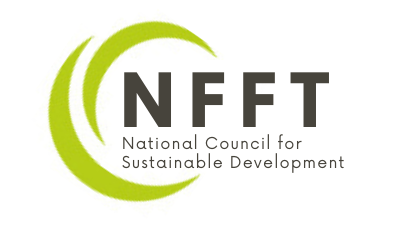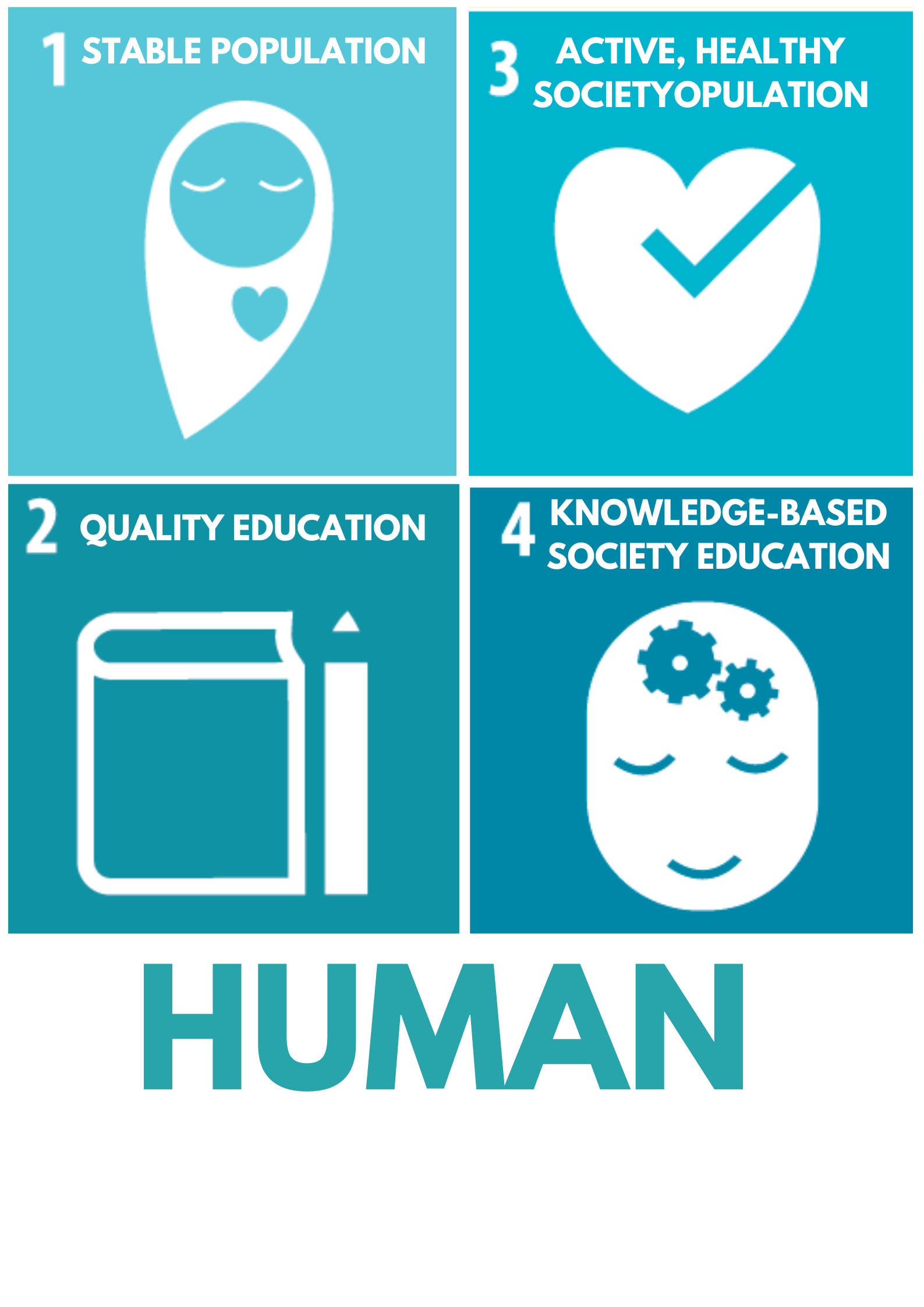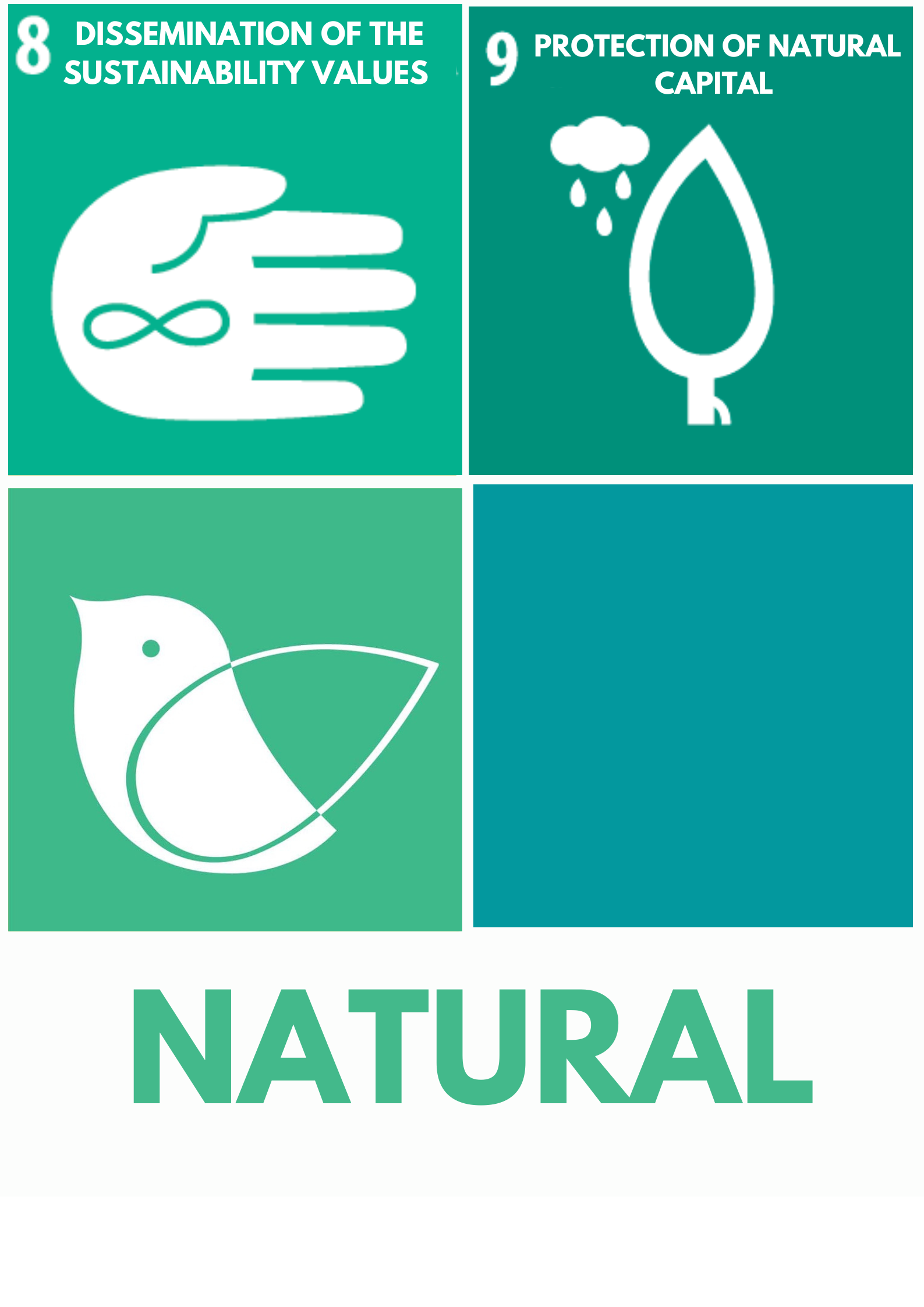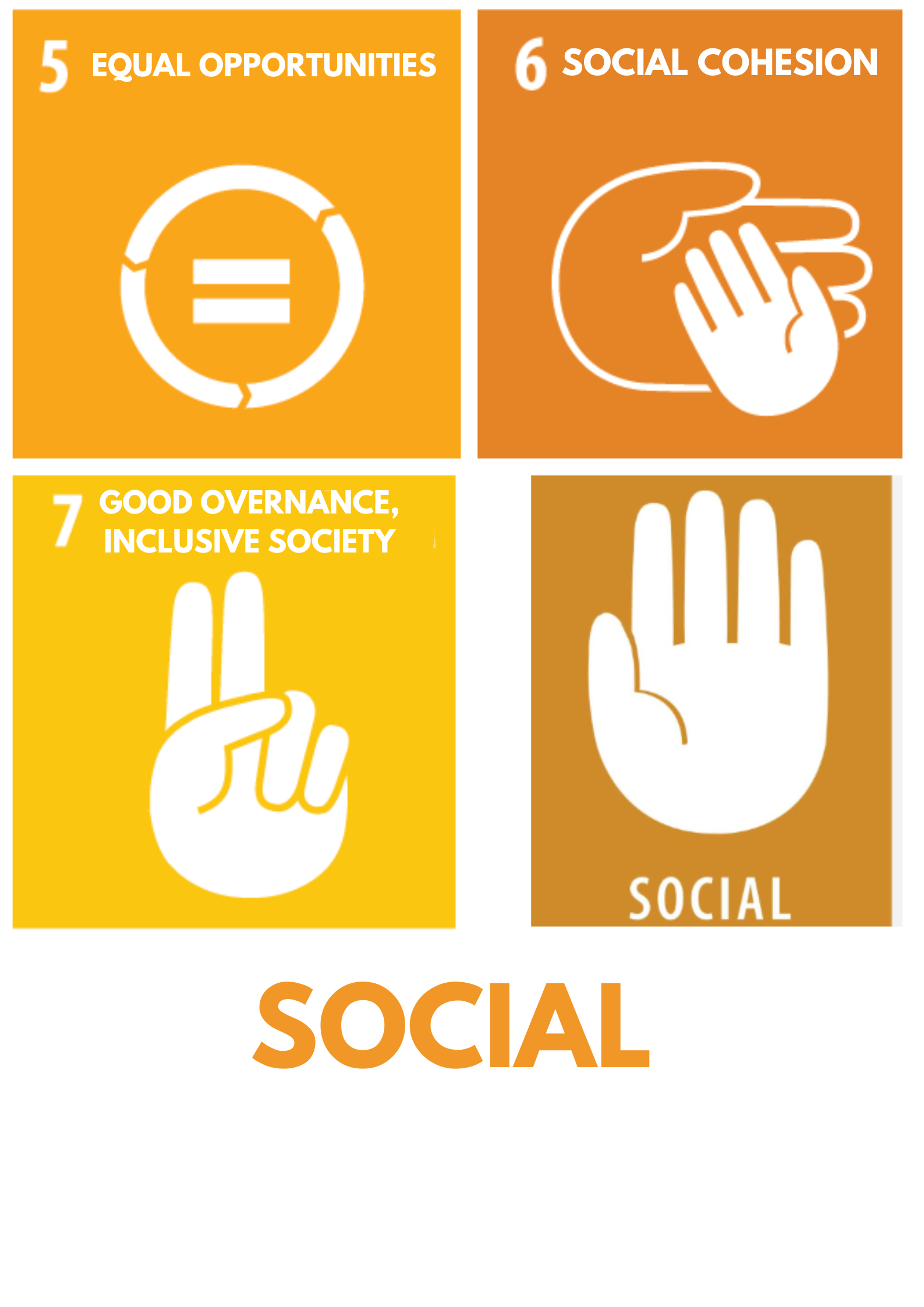The Regional Forum on Sustainable Development for the UNECE region hosted an international conference - NCSD
05-06/6/2024
ESDN Conference
10/5/2024
NFFT Board Meeting
26-27/3/2024
ESDN workshop, Montenegro
13/3/2024
NFFT Board Meeting
The Regional Forum on Sustainable Development for the UNECE region hosted an international conference
The Regional Forum on Sustainable Development of the United Nations Economic Commission for Europe (UNECE) hosted a two-day international conference on March 1 and 2 2018 at the International Conference Centre Geneva. In addition to the government delegates, Hungary was represented by dr. Gábor Bartus, NCSD’s secretary.
The Regional Forum on Sustainable Development (RFSD) follows up on and reviews the implementation of the sustainable development goals defined in the 2030 Agenda in the UNECE region. To achieve the most successful implementation, RFSD works to ensure the exchange of best practices and hands-on knowledge through a range of international platforms.
The conference focused on five (6, 7, 11, 12, 15) of the 17 sustainable development goals. In addition to the keynote topics, the round table discussions included SDG relevant case studies from the participating countries.
6 SDG round table: Ensure availability and sustainable management of water and sanitation for all
Universal access to water and sanitation has been achieved in the UNECE region. This was presented in case studies by Romania, Serbia, Portugal and the European Environment and Health Youth Coalition Switzerland has also presented a case study called Sharing water: balancing competing needs in a context of declining resources.
7 SDG round table: Ensure access to affordable, reliable, sustainable and modern energy for all
Ukraine presented a case study related to improving energy efficiency focusing on supporting the energy transformation by 2030.
11 SDG round table: Make cities and human settlements inclusive, safe, resilient and sustainable
Belgium, Italy, the Glasgow City Council and the Council of Europe Development Bank presented case studies on The challenges and opportunities of the transition to sustainable cities. The REC Caucasus, the Kyrgyz Republic, the Russian Federation, the Nordic Council of Ministers and Italy shared case studies on Promoting resilient and sustainable cities and human settlements.
12 SDG: Round table: Ensure sustainable consumption and production patterns
The case studies concerning the topic of the round table on successful approaches to delivering on sustainable consumption and production by 2030 were presented by Switzerland, Romania, Sweden, Latvia and Kazakhstan. Case studies in the context of “Towards a circular economy: innovation for sustainable value chains” were introduced by Holland, the Nordic Council of Ministers, the Czech Republic, Montenegro and Slovenia.
15 SDG round table: Protect, restore and promote sustainable use of terrestrial ecosystems, sustainably manage forests, combat desertification, and halt and reverse land degradation and halt biodiversity loss
Poland, Kazakhstan, the European Network Integrate, IKEA of Sweden, Austria and Finland presented case studies on the relationship between sustainable forest management and sustainable development goals (SDGs). The round table also discussed the importance of and opportunities for the protection of biodiversity.
“Despite the numerous positive examples and case studies presented in the round table sessions, the conference showed that the verbal commitments toward sustainability often fail to be paired with the ability to apply the benchmarks of sustainable development in policies in a systematic and comprehensive manner, which is less than optimal. This explains why some of these forward-looking projects remain isolated and fail to cause effective changes in socio-economic systems and mechanisms. Sustainability remains to be present in detached projects and has not yet become part or aspect of our everyday life and mindset,” said NCSD’s secretary in conclusion of the conference.







